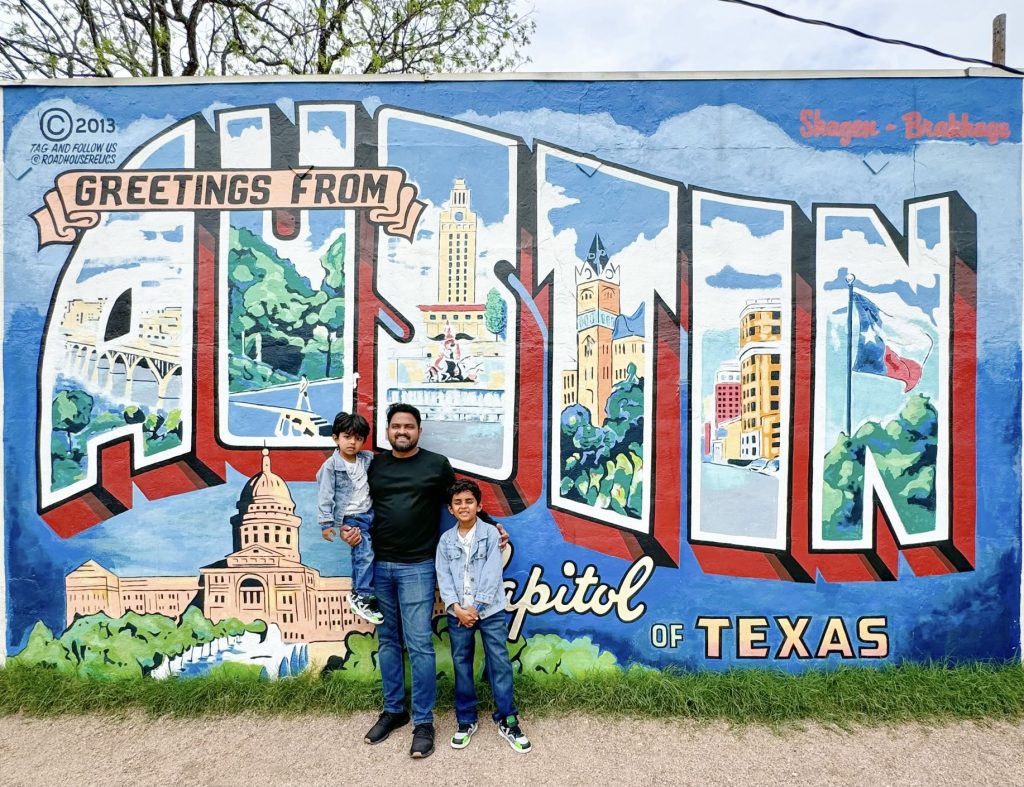Tan Line-Free Escapes: Your Guide to America’s Top Clothing-Optional Beaches
Here’s the skinny on sunbathing without a stitch… The U.S. is home to more than a few places where you can soak up the sun in your natural state—no tan lines, no problem. From the brisk shores of New England to the balmy beaches of Hawaii, clothing-optional coastlines are sprinkled across the country, offering a…
Tan Line-Free Escapes: Your Guide to America’s Top Clothing-Optional Beaches Read More »









